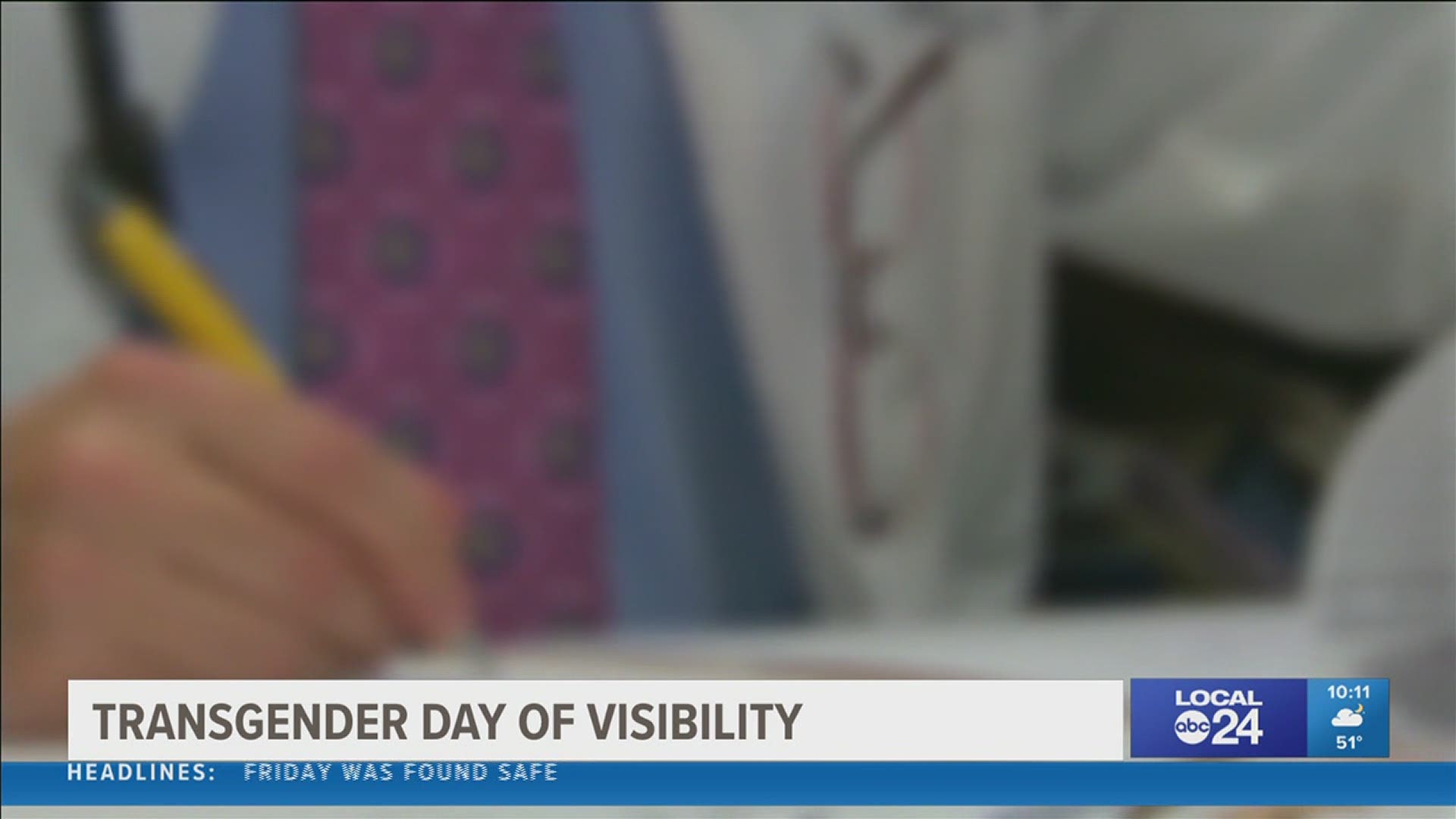MEMPHIS, Tenn. — President Joe Biden issued the first presidential proclamation recognizing Transgender Day of Visibility on Wednesday.
The day is dedicated to celebrating trans people and bringing awareness to the discrimination and violence they face.
Chrissy Freitas is grateful people are finally recognizing the activism of the trans and non-binary community.
"My transition, medically speaking, has been going pretty well. I'm getting the right medication and having all sorts of appointments from my doctor," said Freitas.
She observed Trans Day of Visibility as a trans woman by posting pictures at various stages of her transition.
As Freitas and other trans Americans use the day for positive affirmation, she realizes not all people like her have the same privilege.
"I'm very angry and saddened by the anti-trans legislation that's been happening in the Mid-South," said Freitas.
Most recently, a bill awaiting Arkansas Governor Asa Hutchinson's signature prohibiting trans youth from getting gender confirming treatments.
Alexander Hauptman of Out Memphis says Trans Day of Visibility brings and observance of a less somber tone
"It sort of came out of the community needing a day to celebrate ourselves as opposed to before that Trans Day of Remembrance was the only Trans specific day where Trans people were acknowledged," said Hauptman.
That day focused on the trans lives lost.
2020 was the deadliest year for trans and non-gender conforming deaths with 44 before year's end.
The violent killings at the hands of people known by the victims.
One thing they all have in common is that there was clear anti-transgender bias.
Trans Day of Visibility carries a bit more optimism.
"Trans Day of Visibility is a day we get to have that positive time together. We get to celebrate the accomplishments the community has had in the LGBTQ rights movement and just contributing to society," said Hauptman.
Wednesday, Biden issuing and executive order rolling back Trump administration policies, which denied military enlistment of trans people and refusal of gender confirming medications.
"Trans people have been a part of cultures and societies for a lot longer than a lot of people think in some form or another. We've been here for a long time and we're not going anywhere," said Hauptman.
"It's just wonderful seeing how people have come to terms with themselves and loving themselves in a new light," said Freitas.

